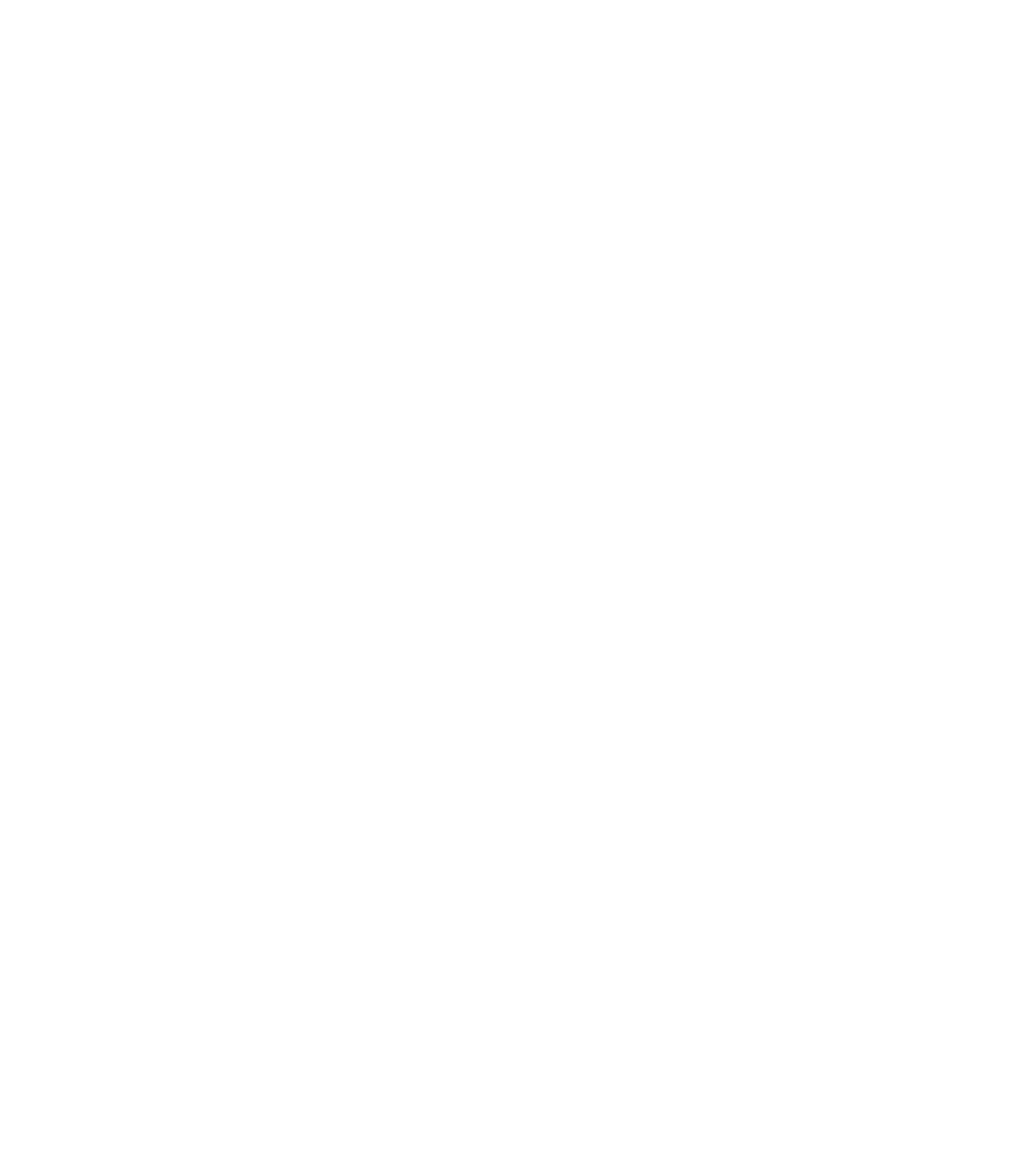The importance of addressing relationship issues cannot be overstated, especially when it comes to marriage. Couples therapy is a type of psychotherapy specifically designed to help couples navigate and resolve issues within their relationship. This comprehensive guide explores the benefits, factors, and limitations of couples therapy in answering the question: can couples therapy save a marriage? Through a thorough examination of the various aspects of couples therapy, this article aims to provide valuable insights and guidance for couples considering therapy to improve their relationship.
The Purpose and Benefits of Couples Therapy in Saving a Marriage
Couples therapy aims to provide a safe and supportive environment for couples to work through their issues. Some of the benefits of couples therapy include:Improved Communication Skills
One of the primary goals of couples therapy is to help partners improve their communication skills. Effective communication is crucial to any relationship, as it enables couples to express their thoughts and feelings, fostering a deeper understanding of each other's needs and desires. In therapy, couples learn techniques for active listening, assertiveness, and empathy. These skills not only help partners communicate more effectively but also enhance trust and emotional intimacy within the relationship.Conflict Resolution Techniques
Disagreements are an inevitable part of any relationship. However, the way couples handle conflicts can significantly impact the health of their marriage. Couples therapy teaches partners how to address disagreements in a constructive manner, minimizing negative emotions and promoting compromise. By learning to approach conflicts with an open mind and a willingness to collaborate, couples can find lasting solutions that satisfy both partners' needs.Strengthening Emotional Connections
As couples work through their issues in therapy, they often find that the emotional bond that initially brought them together begins to strengthen once again. Therapists help couples identify and address emotional barriers that may be preventing them from connecting on a deeper level. By doing so, couples can rekindle the love and affection that may have been lost due to unresolved conflicts or misunderstandings.Fostering Personal Growth and Self-Awareness
Couples therapy is not just about fixing problems within the relationship; it's also about helping individuals grow and become better partners. Through reflection and introspection, individuals can gain valuable insights into their behaviors, thought patterns, and emotional triggers. With a better understanding of themselves, partners can make positive changes that benefit both themselves and their relationship.Building a Strong Foundation for the Future
Couples therapy can help partners build a strong foundation for their future together. By addressing the issues that may be undermining their relationship, couples can develop the skills, understanding, and emotional resilience needed to navigate the inevitable challenges that come with any long-term partnership. This foundation can be crucial in determining whether couples therapy can save a marriage.Factors That Influence the Success of Couples Therapy
Several factors can contribute to the success of couples therapy in saving a marriage:Timing: Seeking Help Early in Marriage
The sooner couples seek help, the greater their chances of success in therapy. When issues are addressed early in a relationship, they are less likely to become deeply ingrained patterns that are difficult to break. Couples who wait too long to seek help may find that the damage done to their relationship is difficult, if not impossible, to repair.Choosing the Right Therapist
Finding a therapist with expertise in marriage and family therapy, as well as personal compatibility, is crucial for a positive outcome. Couples should take the time to research therapists, read reviews, and schedule initial consultations to ensure they find a professional who is a good fit for their needs and personalities.Commitment to the Process
Both partners must be willing to invest time and effort into the therapy for it to be successful. This includes attending sessions regularly, completing assignments or exercises provided by the therapist, and actively participating in the process. If one or both partners are not fully committed to the therapy, the chances of success are significantly diminished.Willingness to Change and Grow
Couples must be open to addressing their issues and modifying their behavior in order to make progress in therapy. This can be a challenging process, as it often requires individuals to confront their own shortcomings and make difficult changes. However, the willingness to change and grow is a crucial factor in determining whether couples therapy can save a marriage.External Factors
External factors, such as financial stress, job changes, family dynamics, or health issues, can also impact the success of couples therapy. While therapy can help couples navigate these challenges, it is essential to recognize that external factors may require additional support or resources to be adequately addressed.Common Marriage Issues Addressed in Couples Therapy
Couples therapy can address a wide range of issues that can put a strain on a marriage:Infidelity and Trust Issues
Infidelity can cause significant damage to the trust and emotional intimacy within a marriage. Couples therapy can help partners work through the pain, betrayal, and anger associated with infidelity, providing them with the tools and understanding needed to rebuild trust and move forward together.Communication Problems
Poor communication can lead to misunderstandings, resentment, and disconnection between partners. Couples therapy helps partners develop effective communication skills that enable them to express their thoughts and feelings clearly and openly, fostering a deeper understanding and connection.Financial Disagreements
Money is a common source of conflict in marriages. Couples therapy can help partners identify and address the underlying issues driving their financial disagreements, such as differing values, priorities, or spending habits. By working together to develop a shared understanding and approach to finances, couples can reduce the strain that money-related conflicts place on their relationship.Parenting Conflicts
Disagreements about parenting can create significant tension within a marriage. Couples therapy can help partners develop effective co-parenting strategies, establish shared goals and values, and find common ground in their approach to raising their children.Intimacy and Sexual Issues
Intimacy and sexual issues can have a profound impact on a couple's emotional connection and overall satisfaction within their relationship. Couples therapy can help partners address these issues, explore their desires and needs, and develop strategies for fostering a healthy and fulfilling sexual relationship. By addressing these issues, couples therapy can help determine whether a marriage can be saved.The Limitations of Couples Therapy in Saving a Marriage
While couples therapy can be highly effective, there are some limitations to consider:When One Partner Is Not Fully Committed
If one partner is unwilling to put in the necessary effort or remains resistant to change, the therapy is less likely to be successful. Both partners must be fully invested in the process and committed to making positive changes for couples therapy to have a meaningful impact on their relationship.Unresolved Individual Issues
Sometimes, personal issues (e.g., mental health, past trauma, addiction) may need to be addressed through individual therapy before couples therapy can be fully effective. These individual issues can significantly impact a person's ability to engage in a healthy, fulfilling relationship, and addressing them can be crucial to the success of couples therapy.Unrealistic Expectations
Couples must understand that therapy is not a quick fix and requires time, effort, and patience. It is essential for couples to have realistic expectations about the process and to recognize that lasting change takes time and dedication.Recognizing When a Marriage Cannot Be Saved
In some cases, despite the best efforts of both partners and their therapist, it may be in the best interest of both parties to end the marriage. Couples therapy can provide valuable insights and support during this difficult decision-making process, helping couples to separate amicably and with a deeper understanding of the factors that contributed to the breakdown of their relationship. It is essential to recognize that not all marriages can be saved, and sometimes, the healthiest choice for both individuals is to part ways.The Role of Individual Therapy in Supporting Couples Therapy
In some cases, individual therapy can be a valuable complement to couples therapy. Addressing personal issues that may be impacting the relationship can lead to more significant progress in couples therapy. Some reasons to consider individual therapy alongside couples therapy include:- Personal growth: Individual therapy can provide a space for individuals to explore their own thoughts, feelings, and behaviors, leading to personal growth and self-awareness that can positively impact the relationship.
- Mental health support: If one or both partners struggle with mental health issues, such as depression or anxiety, individual therapy can be an essential component of their overall treatment plan.
- Addressing past trauma: Past traumas, such as childhood abuse or previous relationship issues, can impact a person's ability to engage in a healthy, fulfilling relationship. Individual therapy can help individuals work through these traumas, allowing them to bring a healthier, more balanced self to the relationship.
- Addiction support: Addiction can cause significant damage to a relationship. In these cases, individual therapy focused on addressing addiction and developing healthy coping strategies can be a critical component of the couple's overall treatment plan.
How to Make the Most of Couples Therapy
To maximize the benefits of couples therapy, couples should consider the following tips:- Be open and honest: Open and honest communication is crucial in therapy. Be willing to share your thoughts, feelings, and experiences with your partner and the therapist.
- Set realistic goals: Work with your therapist to set realistic goals for your relationship. Recognize that change takes time and effort, and be patient with the process.
- Take responsibility for your actions: Acknowledge your role in the relationship's challenges and be willing to make changes to improve the situation.
- Practice active listening: Make an effort to truly hear and understand your partner's perspective. This will not only help you empathize with your partner but also foster a deeper emotional connection.
- Commit to the process: Attend sessions regularly, complete assignments or exercises provided by the therapist, and actively engage in the therapy process.
- Be open to change: Embrace the opportunity to grow and change as an individual and as a couple. This will not only improve your relationship but also help you become a better partner.

